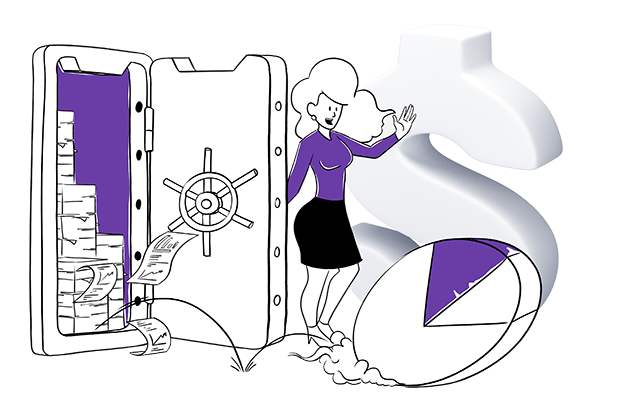What is customer lifetime value (CLV)?
Customer lifetime value refers to the total amount of money a customer spends with your company or on your products over the course of an average business relationship with you. It allows organizations to demonstrate the future value they can generate from their marketing initiatives.
This marketing guide explains:
Rather than thinking about how to acquire many customers and how cheaply you can do so, CLV helps you optimize your acquisition spending for maximum value rather than minimum cost.
By focusing on CLV, you can design an efficient strategy with concise budget planning. However, some customers bring more value to your business than others. That’s why it’s crucial to know which ones to focus on first and invest in.
As you don’t know precisely how long this relationship will last, you can estimate it and state CLV as a periodic value. Different businesses set it for different times, with the most common choices being 12 or 24 months.
Customer lifetime value provides you with relevant information on your users and clients. It lets you answer critical questions like:
- How much should I spend to win a customer?
- How much should I invest in retaining or winning back my customers?
- How much time should the sales and marketing teams spend on customer acquisition?
- Are my offers designed properly for my best customers?
You may also like:









